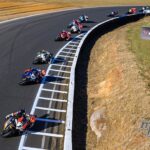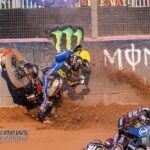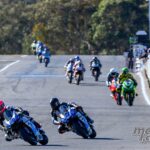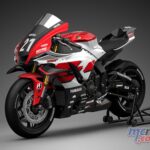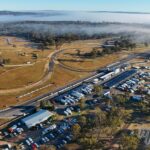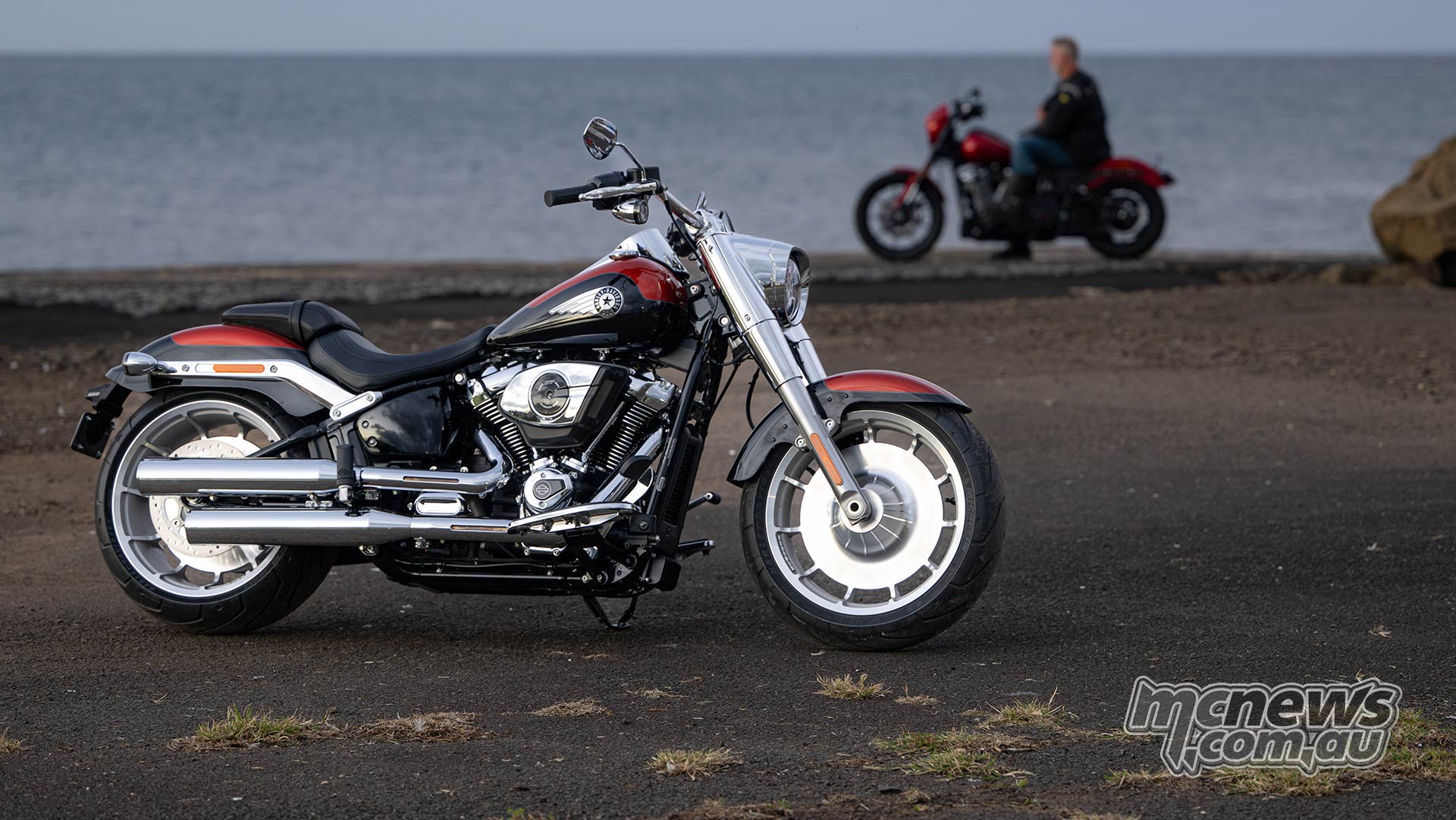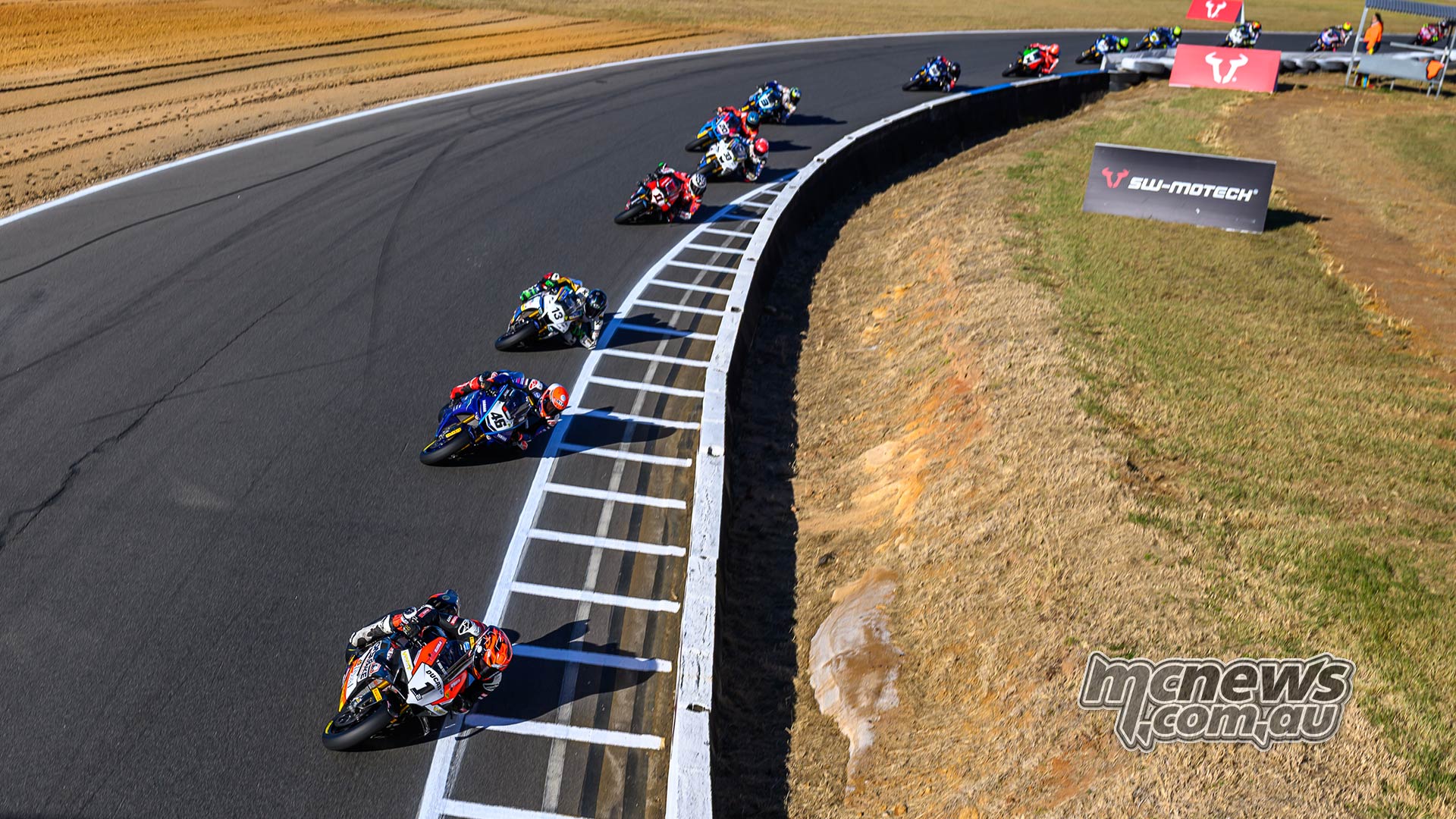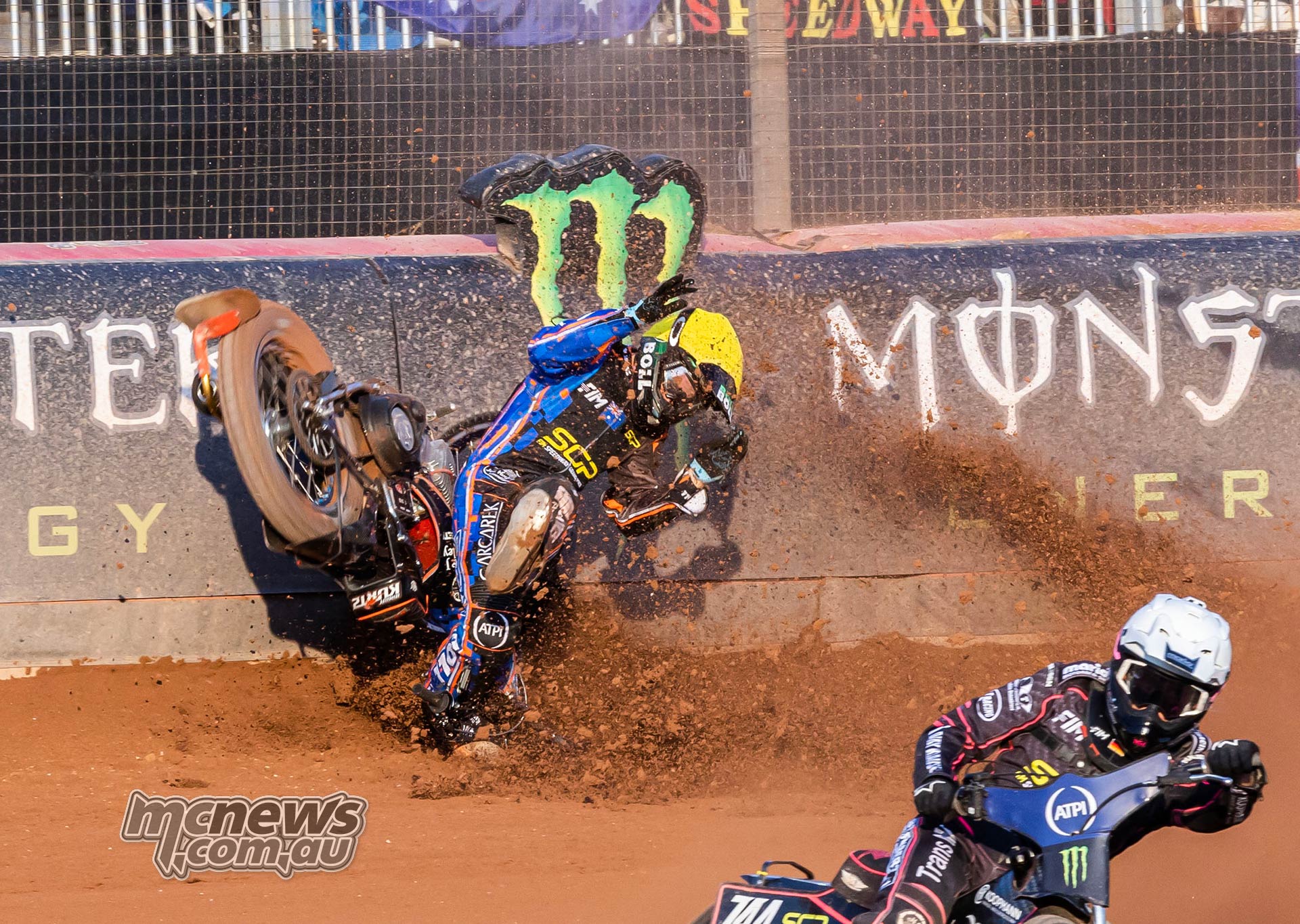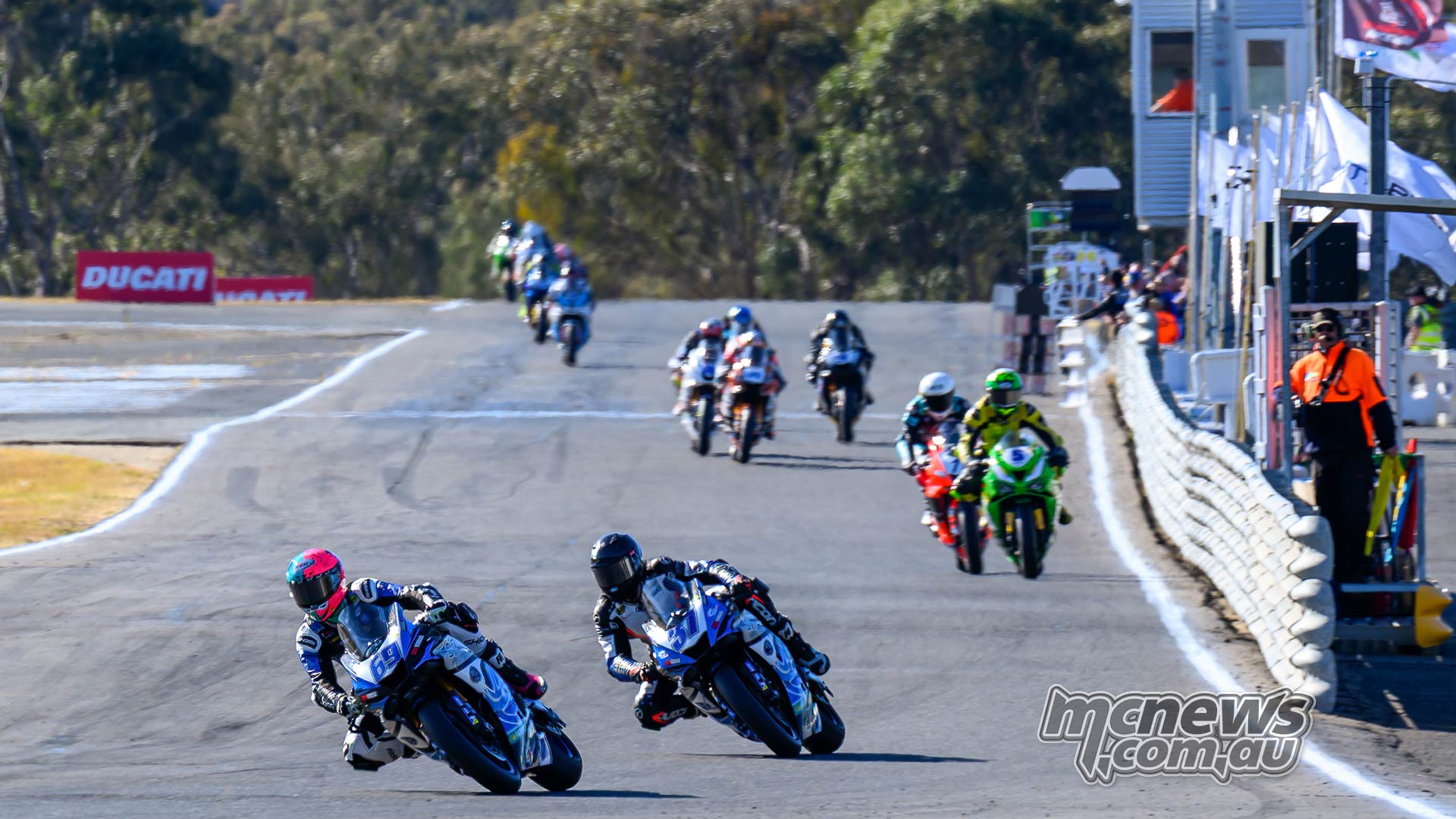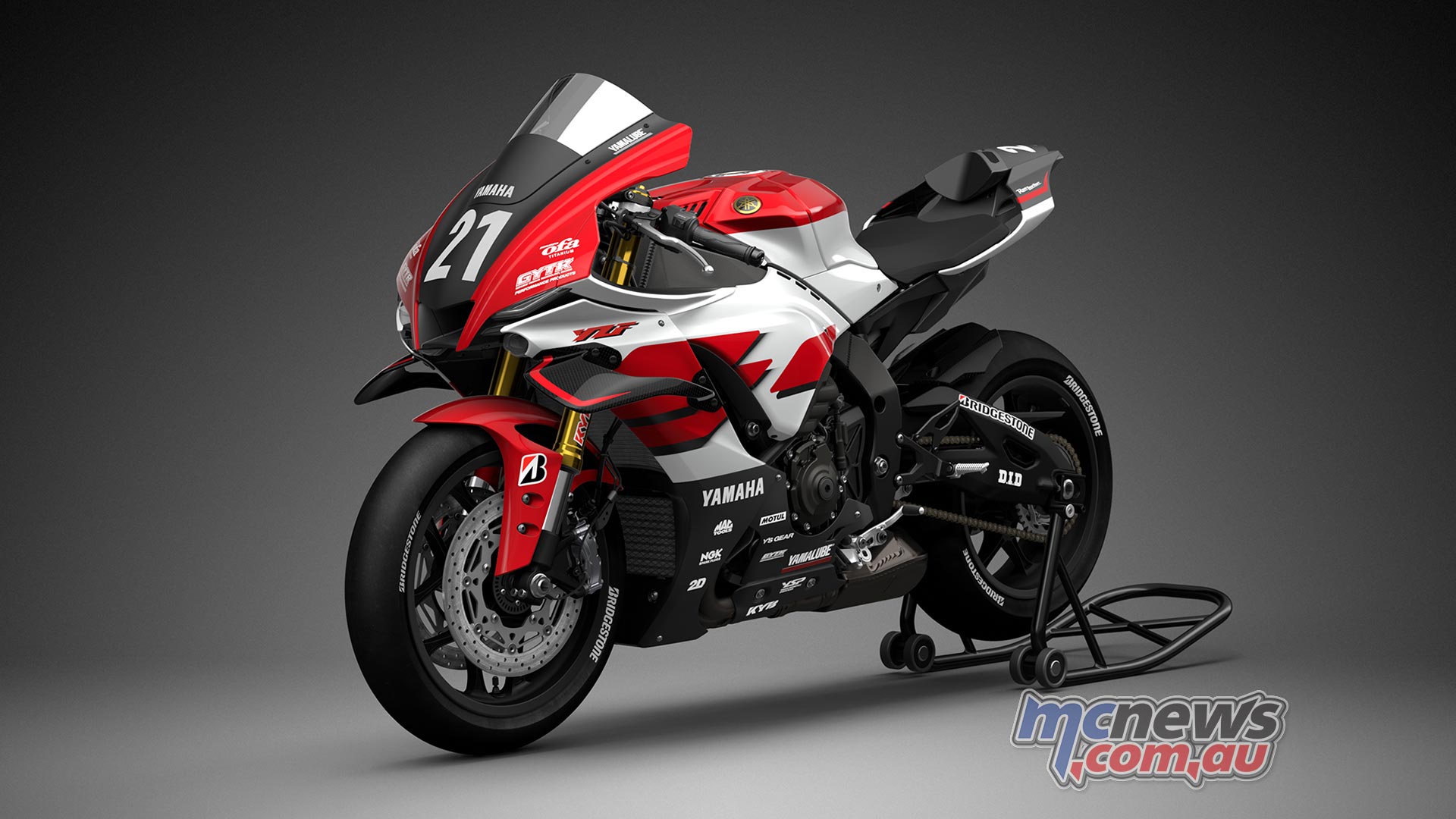2025 Harley-Davidson Softail Review
I recently spent a full-throttle day carving up the winding tarmac ribbons stretching from Kiama through Jamberoo, over Browns Mountain, and around Kangaroo Valley, sampling a striking sextet of Milwaukee-born 2025 Softail models.

The 2025 Softail line-up from Harley-Davidson may not bring dramatic visual changes; the bikes largely mirror their predecessors in appearance, but a host of updates beneath the surface combine to deliver a meaningful step forward for the range.

While the headline news for the 2025 Softail range is the debut of three new variations of the larger Milwaukee-Eight 117 drivetrain, I’d like to start somewhere a little less expected.
In a recent review, I praised the Skyline OS-powered infotainment systems found in Harley-Davidson’s Touring models, calling them the benchmark in motorcycling. The H-D Touring bikes boast expansive, full-colour TFT displays nearly a foot wide, featuring Apple CarPlay integration and an intuitive, well-executed interface that puts them above the rest.

In the Softail range, the displays are minimalist, among the smallest in the motorcycling world, yet Harley-Davidson has still managed to outshine the competition. Despite their compact size, the screens deliver all the essential information with clarity and are operated via a streamlined, intuitive set of switchgear that feels both tactile and refined.

My only gripe is with the indicator set-up. Having separate switches on both sides rather than a single control on the left is unnecessary. I’d much prefer not having to interrupt my throttle hand to operate an indicator.

Overall, though, credit where it’s due, the HMI team in Milwaukee has absolutely nailed it. While many other manufacturers’ attempts at Human-Machine Interfaces feel clunky or overcomplicated, Harley has done an impressive job. Then again, America did give us the iPhone.

Despite this visually minimalist approach to technology, beneath the skin, there is plenty of tech shoehorned into the 2025 Softail package. ABS, Traction, Drag Slip / Engine Braking Control, all with cornering functionality and driven via a six-axis IMU that tailors interventions to the selected Ride Mode. It’s all there quietly in the background, providing peace of mind without ever intruding — implemented so seamlessly that it stays out of sight, out of mind, and takes nothing away from the riding experience.

Tyre pressure monitoring is also standard across all models, as is a USB-C port on the bars and cruise control.

Right, with that out of the way, let’s get back to those latest big lumps of M8 powertrains. The 2025 Softail range ushers in three variations on the 117 theme. All benefit from new cylinder heads with oval intake ports and valve seats, as introduced on MY23/24 117/121 Touring and CVO models.
The new 117 Softail bikes also boast an improved cooling system. They tell us this helps reduce the heat being radiated onto the rider. You still feel the heat…

While the three Milwaukee-Eight 117 variants on the 2025 Softail models boast noticeably different power figures, they are all mechanically identical save for a different tune, camshaft, intake and exhaust.

The Milwaukee-Eight 117 Classic in the Street Bob and Heritage makes 156 Nm and 91 horsepower.
The Milwaukee-Eight 117 Custom in the Fat Boy and Breakout ups those stakes to 168 Nm and 103 hp.

Topping the power wars is the Milwaukee-Eight 117 H.O. in the Low Rider and Low Rider ST, boasting 173 Nm and 114 hp.

The extra top-end of the H.O. is clearly evident on the road as it charges towards its higher 5900 peak rpm with urgency. Would this make me choose a Low Rider over the other models? No. Any dealer can upgrade the other options to make the same numbers via the parts catalogue. More expense, sure, but the primary benefit is that this ensures the motorcycles remain completely street legal if the same cam, intake, exhaust and tune package that features on the H.O. are used. In this legal guise they only emit unicorn farts by way of emissions and remain frugal, this also maintains your warranty.

However, for those of us not so bothered about the rozzers, and are of the reckoning that if some greater power put fossil fuels on this planet, then it is our evolutionary duty to burn them with as much fury as possible, then there are plenty of well-proven and much wilder cam and engine upgrade options on the market. Big-bore kits are available off the shelf that can take you all the way up to 159 cubic inches, and beyond if you are really demented. Just make sure you choose your engine builder wisely.

Personally, I’d be content with a Screamin’ Eagle cam and intake upgrade, paired with a quality 2-into-1 exhaust that sharpens the soundtrack just enough to stir the soul, without crossing into a full-blown aural offence.
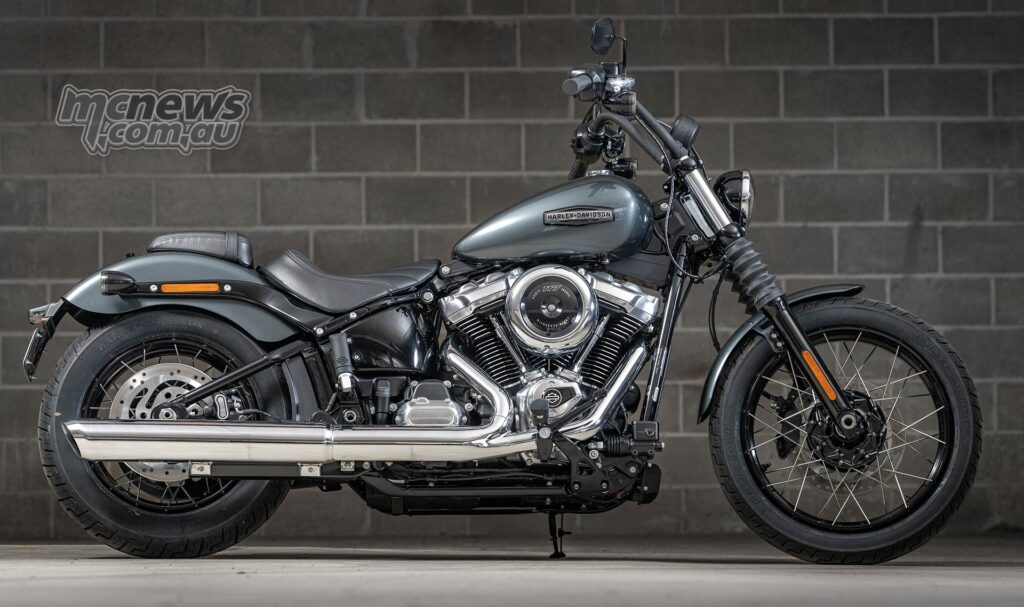
I started the day on the most affordable big twin in Harley’s entire line-up: the Street Bob 117. Priced at $24,995 ride-away, the Street Bob is the clear value standout in the range.
Right from the off, the Street Bob was a revelation. It may be the cheapest ticket to big-bore Harley hedonism, but it sacrifices nothing when it comes to the ride.

The Street Bob’s easy-going nature, relatively lightweight feel, and agile dynamics (all things being relative), make it the most fun of the bunch. As an affordable and convenient city-based blaster for commuting, quick dashes to the shops, or gym runs, it’s got a lot going for it.
Sure, some components like the fork caps and triple clamps aren’t as polished as those found on the higher-spec Softails, but you still get the latest-generation Milwaukee-Eight drivetrain and all the core features that define the range.

For those inclined to customise, the Street Bob offers a solid foundation to build something truly unique. Its stripped-down simplicity is also part of its charm, and this aspect was quickly starting to grow on me from a bare bones purity perspective.

But if it’s all about the ride, rest assured, the Street Bob delivers. Straight out of the box, it’s the most playful and entertaining of the bunch, perfect for those spontaneous blasts around town or quick escapes into the hills, without the tough guy attitude.

If your idea of motorcycling doesn’t involve any of that handling nonsense, then the Breakout or Fat Boy are your weapons of choice. Their handling isn’t as dire as it once was, and suspension improvements mean your kidneys take a bit less of a beating, but carving corners still isn’t in their vocabulary. Add a few bumps or ridgelines mid-turn and, excuse the language, but… fuck me. How these two share a lineage with the affable Street Bob is beyond me.

Then again, the best-looking siblings are often the most badly behaved, and to many, that can be an essential part of the attraction. For much of the past decade, the Breakout has been Harley’s best-selling model in Australia, despite riding the worst. The good-looking bastards always got away with more, didn’t they?

As for the Fat Boy, it rides exactly as its name suggests. It may have its bulges in all the right places, but it would take way more than the optional Ohlins rear shock to turn the ride quality and dynamics around.

The practical biker in me is naturally drawn to the Low Rider ST, and similarly to the Heritage, thanks to their bags and weather protection.

I’m just not ‘bad’ enough to treat riding at speed in an open-face helmet through rain or hail without a screen as some kind of penance, self-flagellation, or badge of honour. My character’s already had plenty of building, thanks very much. And I don’t need to use a motorcycle’s image to try and build my own, or somehow power my ego. Maybe when I was 12, but not now I am 52.

Both Low Rider models have their foot-pegs positioned in a way that initially feels quite unnatural. The sensation is, I imagine, not unlike what women endure when strapped into stirrups at the gynaecologist’s office. I could probably get used to it, but I doubt I’d ever grow to love it.

The Low Riders get the hot cam engine, which, when Sport mode is engaged, really comes alive. The ST gets those useful hard bags that add some useful touring and day-to-day amenities to the package. I have no doubt that convenience, along with that hot-rod motor and extra ground clearance over its brethren, will see it do very well indeed.

You might assume the Heritage Classic, with all its touring trimmings, would feel a bit bloated — but it’s surprisingly light on its feet. If that retro vibe speaks to you, it’s a compelling option, offering the most natural ergonomics and comfort in the entire Softail range. Factor in its practicality, and it’s easily the most versatile of the bunch, all while delivering an easy-going affability not unlike the charismatic Street Bob.

But then, for many Harley customers, practicality doesn’t factor into the buying equation at all. Many have simply always wanted a Harley — they only want to ride a Harley — and they’re drawn to the one that best matches the image they’ve always dreamed of. For these riders, considerations like practicality or ride quality are so far down the list, they barely register.

What’s truly remarkable is that, despite sharing so many core components, these six bikes manage to deliver such a broad spectrum of characteristics, both good and bad. That variety gives Harley-Davidson a richly diverse catalogue, each model with its own personality, appealing to a wide range of riders. That kind of product balance doesn’t happen by accident.
This little black duck still definitely leans toward Harley’s excellent Touring range. A Street Glide or Road Glide, ideally the CVO variants, would hands-down be my pick for long-term ownership.

But when the Street Bob — a more city-focused yet undeniably charming option — comes in at around half the price, it makes a seriously compelling case for itself. And it’s not just the relatively low $25K sticker price that makes the argument. The low cost of entry is just the bonus — it’s the ride, the character, and the sheer affable, approachable fun it delivers that earns it my pick as the best value in the Softail range.

My next choice would be the Heritage Classic, especially with a few tasteful mods. But then you’re nudging close to $40K, you’re getting into Road King territory — and that’s a tempting step up. But then they don’t have the Heritage’s retro chops.

Then again, I’ve never bought a bike based purely on looks or the image it projects, which probably puts me in the minority. And that’s okay. I’m used to being a bit different…
Head to the Harley-Davidson AU site for more information
